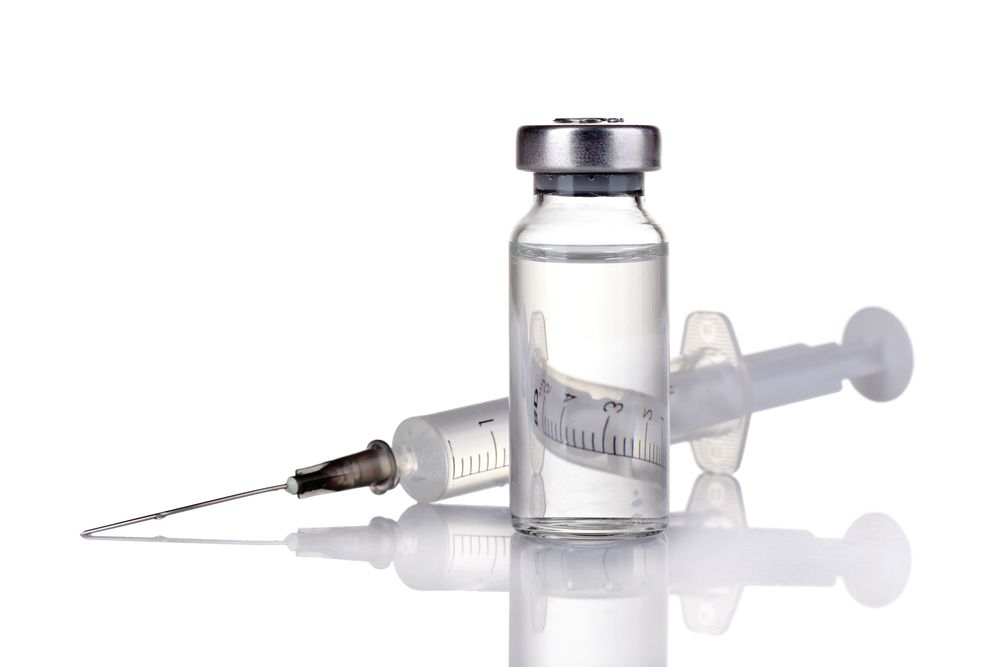Does Coconut Milk Raise Testosterone
Here's How Different Types of Milk Impact Your Hormones
We're taking a look at how the different types of milks—from soy and almond—impact your body's chemistry.
Milk has long been considered a healthy staple in our diet. It's rich in bone-strengthening calcium, energy-building protein, and a slew of other nutrients that boost our overall health. However, researchers are learning more and more about the not-so-beneficial effects commercially produced milk can have on the body, particularly on our hormones. The reason for concern? Cows, as well as chickens, are given hormones to help them grow, reduce the amount of feed they need, and ultimately increase profitability, explains Arianna Sholes-Douglas, an OB/GYN, the founder of Tula Wellness Center in Tucson, Arizona, and author of The Menopause Myth ($9.79, amazon.com). "The hormones administered to animals are not only consumed when we eat them, but are also excreted in high levels in their waste, which we can also digest in our water," she says. "Growth hormone is responsible for the increase in insulin-like growth factor (IGF-1), which has been directly correlated to prostate, colon, and breast cancers."
Person pouring milk into cup of coffee
This is one of the reasons why non-dairy milks are becoming increasingly popular—you don't have to worry about added hormones. However, Dr. Sholes-Douglas warns that milk alternatives may still have an impact on hormone balance due to their other components, such as isoflavones. Here's a look at how the different types of milks, from soy and almond to cashew and oat, impact the hormones in our bodies.
Soy
Soy milk comes from soybeans, making it a good, low-calorie milk alternative. However, Yeral Patel, MD, a functional medicine physician in Newport Beach, California, explains that most of the soy produced in the United States comes from genetically modified plants. This means that we're still susceptible to hormonal effects unless we're drinking non-GMO soy milk. Additionally, the jury is still out on whether or not soy milk affects the thyroid hormone. "It is still recommended that those with a tendency towards hypothyroidism avoid it," says Luiza Petre, MD, a New York City-based cardiologist and weight management specialist. "Its use in baby formulas also remains unanswered with American Academy of Pediatrics, warranting more research."
Lactose-Free
Despite the fact that lactose-free milk does not contain the sugar present naturally in milk (lactose), it can still contain hormones—and may cause the same level of hormonal disruption as regular milk, explains Patel. "The only difference is that the lactose protein (a natural sugar found in milk products) is removed from the milk so that those who are intolerant to lactose protein can safely consume it," she says.
Almond
Almond milk is pretty simple—it comes from soaked almonds. It's also hormone-free and in unsweetened form, contains less saturated fat and calories than milk, explains Patel—which makes it one of the safer options in the context of hormonal disruption. "Those with nut allergies or sensitivities should be cautious about consuming almond milk for obvious reasons," she warns.
Cashew
Similarly, cashew milk comes from cashews—and provides the same benefit (it's low-risk overall). However, the same caution should be exercised for those with nut allergies or sensitivities.
Coconut
"While coconut milk does not contain any added hormones and can be a good milk alternative, coconut milk and coconut products are higher in saturated fats and can increase the risk of heart disease if consumed in excess," says Patel. "Those with allergies to tree nuts can usually tolerate coconut milk—and there is some evidence that coconut-derived foods may help protect the body from viruses and infections."
Oat
Oat milk is derived from whole oat grains, in a similar fashion to almond or cashew milk. It is a safe non-dairy alternative for those who are lactose intolerant, vegan, or have nut allergies, notes Patel. "Consuming oat milk may, however, be problematic for those with gluten allergies or sensitivities," she adds.
Hemp
Hemp milk is hormone- and dairy-free and, as its name implies, is derived from hemp seeds. "It's packed with Omega-3s and is good for joint health and rich in fiber, which is beneficial for digestive and heart health," Dr. Patel says, adding that it's another low-risk choice for those searching for a milk that won't alter their body's hormone balance.
Does Coconut Milk Raise Testosterone
Source: https://www.marthastewart.com/2225872/how-milk-types-impact-hormones






















